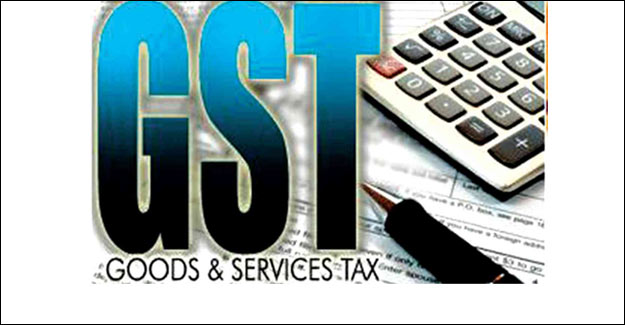
Announcement Of GST Rates On Textiles Deferred To June 3 Due To Lack Of Consensus
The announcement of the GST rate on textiles has been deferred to June 3 since the Goods And Services Tax Council has been unable to arrive at a consensus.
The deferment is due to complexities within the entire textiles value chain, in addition to the industry's anticipation of a fibre neutral taxation across the chain.
The real contention is with regards to input credit. "We are awaiting clarity on what kind of input credit would be given in case the branded garments vertical attracts a higher rate of 18 per cent," said former Apparel Export Promotion Council (AEPC) Chairman A Sakthivel.
This is significant since the unorganised sector forms a large part of the textile industry, creating a gap in flow of input tax credit since the credit is not availed of, in case registered taxpayers procure inputs from unorganised sources.
The textile industry's other concern is compliance issue which may get aggravated in case of a higher rate fixed, especially at the end of the value chain.
According to the garmenting sector, the definition of 'branded garment' has also been a contentious issue. While, currently a large part of the unorganised sector also goes along in the name of branded garments by placing private labels, it is to be seen how the same would be defined under GST for better compliance across the industry.
According to textile industry representatives, differed rates for different parts of the textile value chain with some being taxed and some being exempt has led to tax evasion and flourishing of the unorganised sector. In addition, India has been a cotton heavy region in terms of fibre as compared to the global trend of a skewed in favour of man-made fibre (MMF).
Tax variation in textiles has been such that currently, while fabrics do not attract excise duty or sales in most states in India, branded apparels are subject to both excise duty and sales tax. On the fibre front, natural fibre like cotton is exempt from any tax in the country though man-made fibre draws a 10 per cent excise duty.
While most states want zero duty on cotton yarn to continue, it is anticipated that man-made fibre may still attract a five per cent incidence.
Textile Excellence
If you wish to Subscribe to Textile Excellence Print Edition, kindly fill in the below form and we shall get back to you with details.












